Happy Juneteenth - 2022
Happy Juneteenth!!
What Is Juneteenth? How Christians Can Engage with Black History
By Karen Savella Stallard
HISTORY OF JUNETEENTH
Known as Juneteenth, Emancipation Day, or Freedom Day, commemorates June 19, 1865, the day that Major General Gordon Granger delivered the message of emancipation from slavery to the town of Galveston, Texas. This took place over two years after Abraham Lincoln signed the Emancipation Proclamation and months after the end of the Civil War. Though we observe Juneteenth on June 19, it's important to remember that it would be even longer until the news reached all enslaved people.
In the years following emancipation, some formerly enslaved people and their descendants would make yearly trips to Galveston in honor of Juneteenth. The tradition of commemorating the day spread across the nation, and soon Black communities across the country began celebrating the holiday, even in the face of barriers such as being banned by White people from celebrating in public spaces. Some early Juneteenth celebrations even included helping newly freed Black people learn about their voting rights.
Today, Black families, churches, and communities celebrate with cookouts, parades, church services, concerts, and other public events. After many years of hard work by activists and community leaders, Juneteenth was recognized as a federal holiday in 2021.
HOW CHRISTIANS CAN ENGAGE WITH JUNETEENTH AND AMERICA'S BLACK HISTORY
It can be difficult for White or non-Black people of color to know how to engage with Juneteenth. As Christians, Juneteenth is an opportunity to learn, lament, and be a part of God's work in our world. For all of us, Juneteenth is a time to expand our knowledge and take practical, meaningful steps toward being part of the continuing story of liberation and reconciliation right where we are.
Educate yourself, your family, or your church about Black history and the current lived realities of Black people in the United States.
Take time as an individual, family, or church to learn—not only about Juneteenth itself but also about Black history more widely, as well as the systemic barriers that Black communities face today. Though it can seem daunting, there are so many informative, eye-opening resources for learners of any age or at any stage in the journey. In fact, Juneteenth can be an opportunity to unlearn harmful narratives that we've picked up from our culture. Prioritize learning directly from Black folks and seek out perspectives that may differ from yours, even ones that may make you feel uncomfortable.
Not sure where to start? These books on racial justice by IVP's Black authors are a great starting point wherever you find yourself on the learning journey. Consider buying from a Black-owned, independent bookstore if you can!
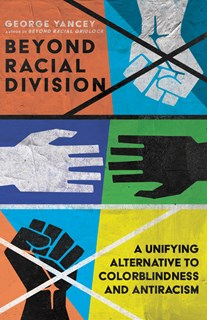
Beyond Racial DivisionGeorge A. Yancey
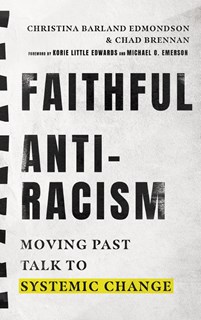
Faithful AntiracismChristina Barland Edmondson and Chad Brennan
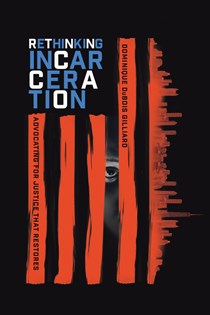
Rethinking IncarcerationDominique DuBois Gilliard
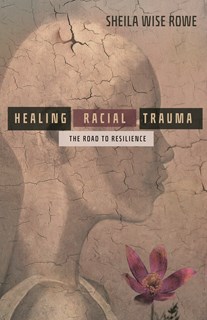
Healing Racial TraumaSheila Wise Rowe
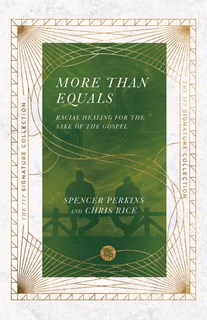
More Than EqualsSpencer Perkins and Chris Rice
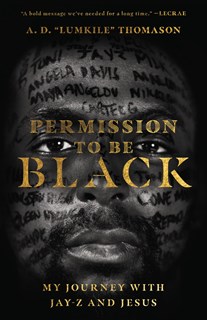
Permission to Be BlackA. D. "Lumkile" Thomason
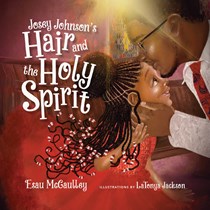
Josey Johnson's Hair and the Holy SpiritEsau McCaulley
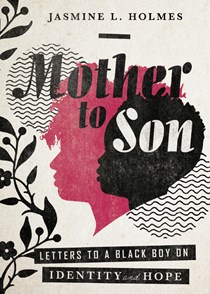
Mother to SonJasmine L. Holmes
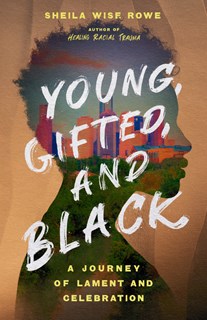
Young, Gifted, and BlackSheila Wise Rowe
Looking for more? Here are some books outside of IVP's catalog to check out:
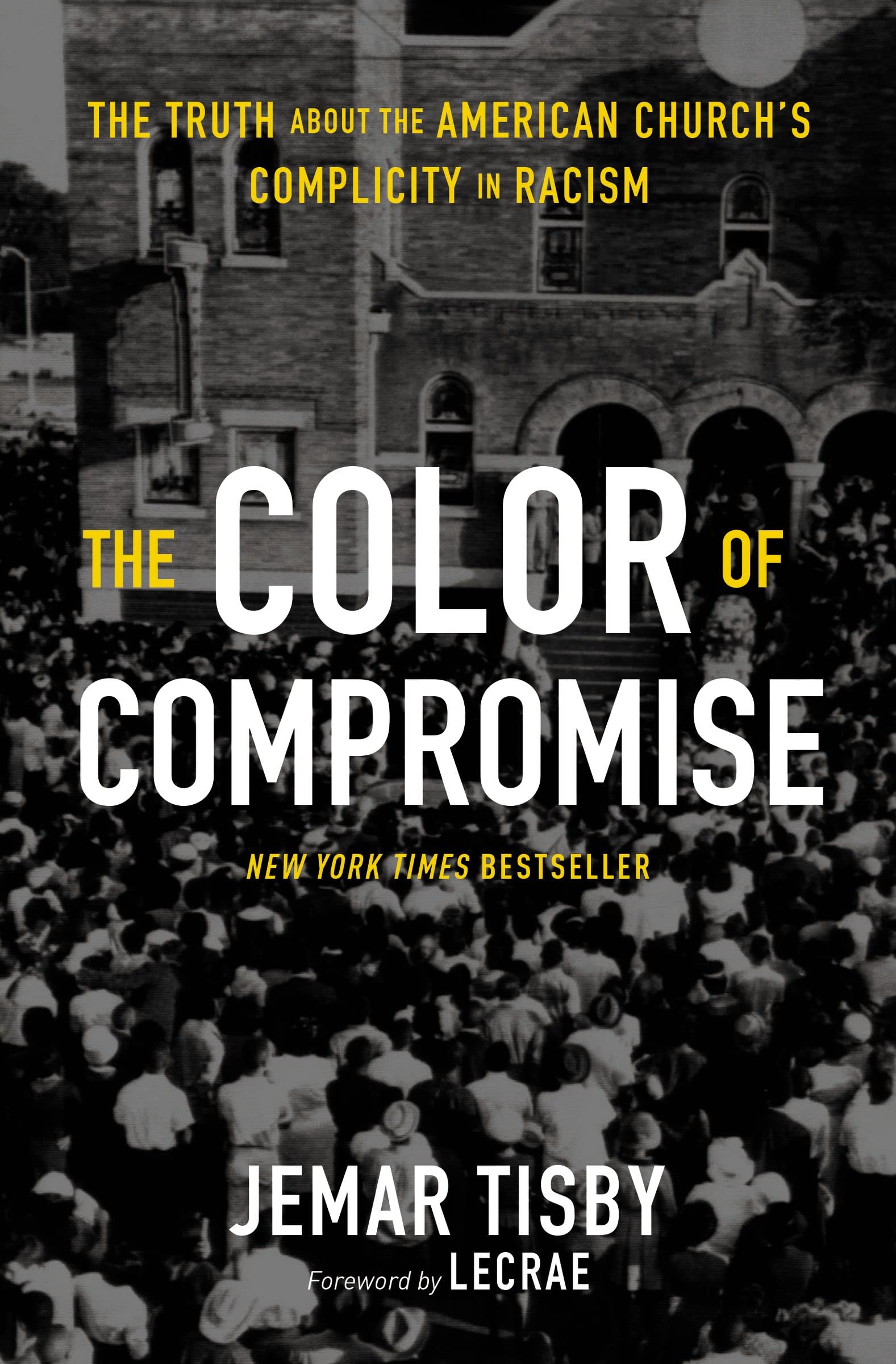
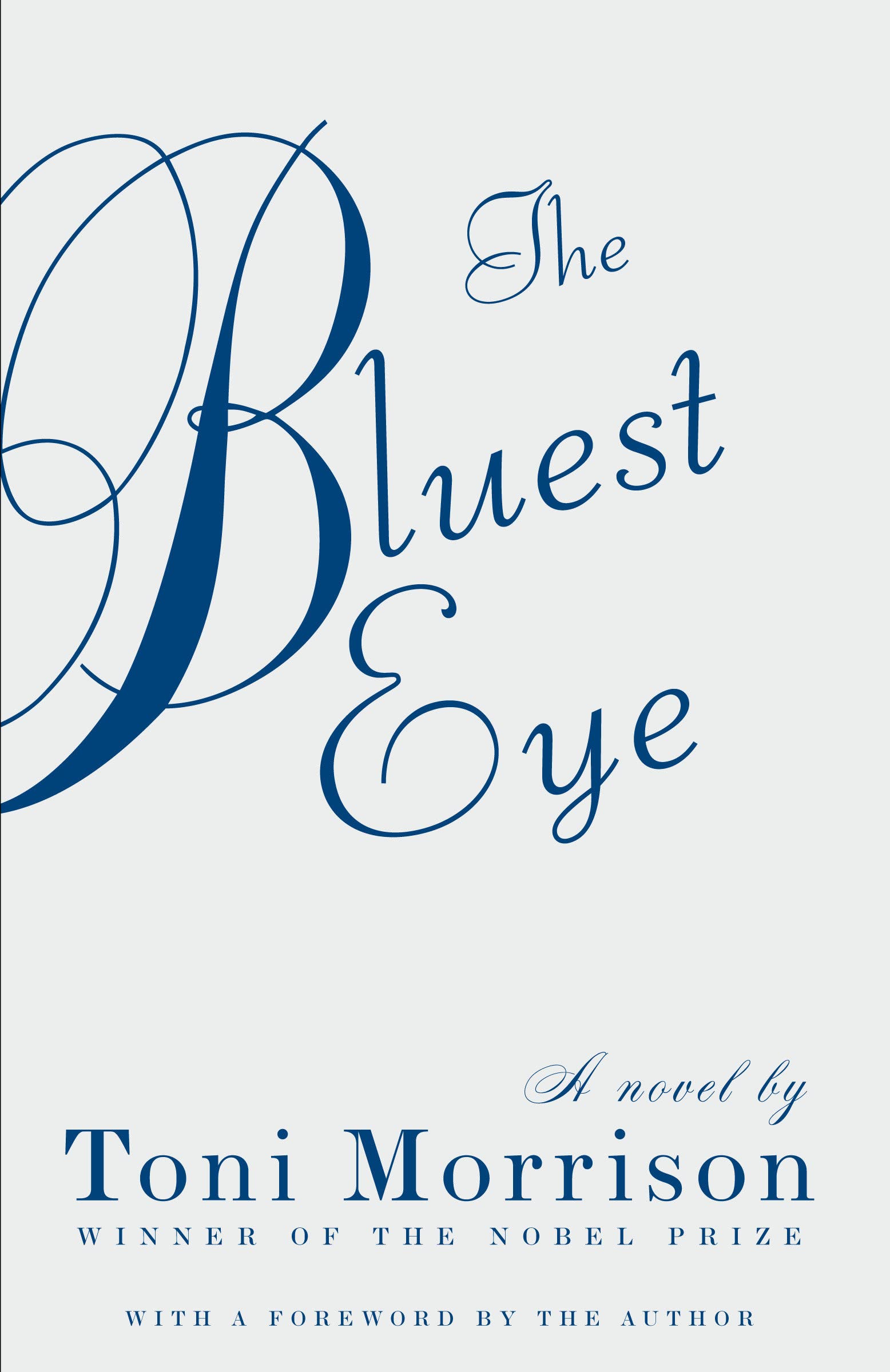
Wondering how you can engage this holiday as a church community? Consider incorporating Black theologians, authors, and thinkers into your teaching and curriculum, or organizing a screening of one of the documentaries mentioned below for your church or small group. It's important to hear directly from Black teachers and theologians—we can help with that! Check out these resources from IVP and beyond:
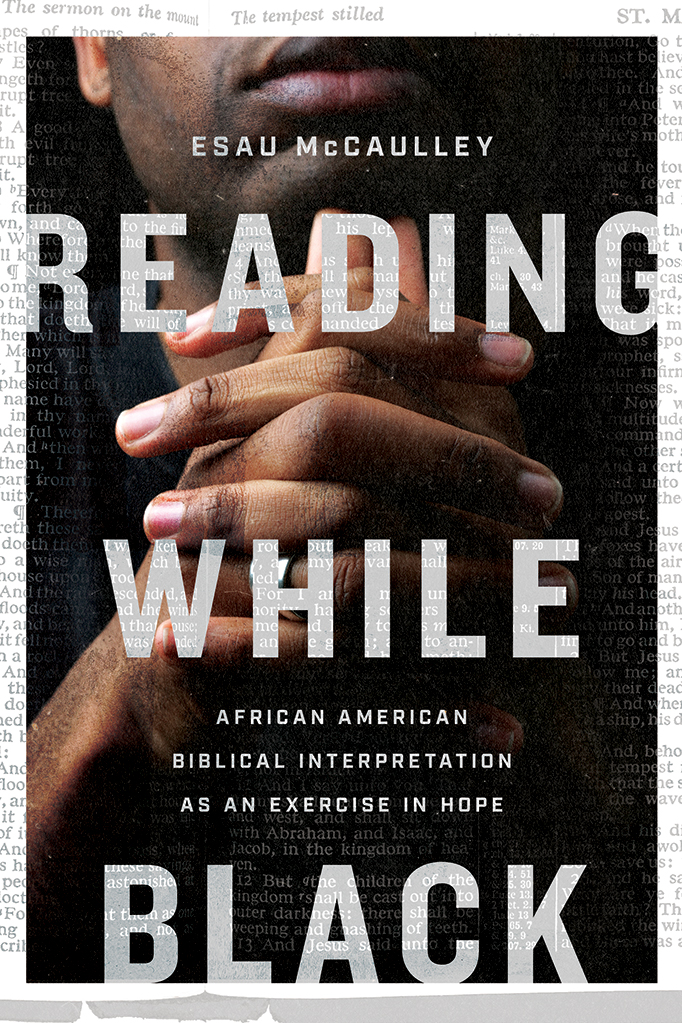
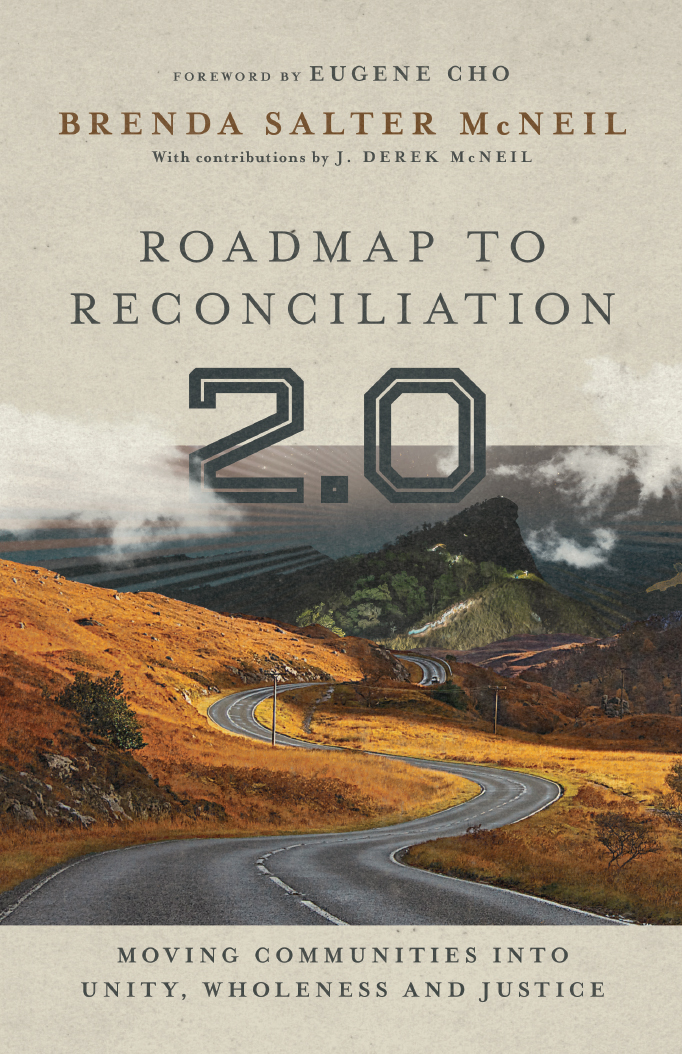
Books aren't the only tools for learning. Documentaries, podcasts, web resources, and even social media can be great for engaging with a variety of stories and perspectives, especially in sustained and continuing ways. Check out these resources if you're looking to diversify your feed, your TV watch list, or your podcast queue:

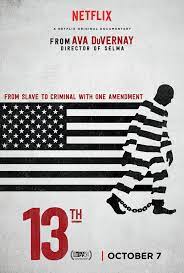
Take action. Take a step toward becoming a part of God's story of liberation and reconciliation in the world.
While learning is an essential first step, celebrating Juneteenth is also about action. Finding practical, meaningful ways of investing our time and resources in God's work of justice is just as important as educating ourselves and our churches. Here are five practical steps you can take this Juneteenth as you seek the common good, especially for marginalized sisters and brothers:
By Karen Savella Stallard
HISTORY OF JUNETEENTH
Known as Juneteenth, Emancipation Day, or Freedom Day, commemorates June 19, 1865, the day that Major General Gordon Granger delivered the message of emancipation from slavery to the town of Galveston, Texas. This took place over two years after Abraham Lincoln signed the Emancipation Proclamation and months after the end of the Civil War. Though we observe Juneteenth on June 19, it's important to remember that it would be even longer until the news reached all enslaved people.
In the years following emancipation, some formerly enslaved people and their descendants would make yearly trips to Galveston in honor of Juneteenth. The tradition of commemorating the day spread across the nation, and soon Black communities across the country began celebrating the holiday, even in the face of barriers such as being banned by White people from celebrating in public spaces. Some early Juneteenth celebrations even included helping newly freed Black people learn about their voting rights.
Today, Black families, churches, and communities celebrate with cookouts, parades, church services, concerts, and other public events. After many years of hard work by activists and community leaders, Juneteenth was recognized as a federal holiday in 2021.
HOW CHRISTIANS CAN ENGAGE WITH JUNETEENTH AND AMERICA'S BLACK HISTORY
It can be difficult for White or non-Black people of color to know how to engage with Juneteenth. As Christians, Juneteenth is an opportunity to learn, lament, and be a part of God's work in our world. For all of us, Juneteenth is a time to expand our knowledge and take practical, meaningful steps toward being part of the continuing story of liberation and reconciliation right where we are.
Educate yourself, your family, or your church about Black history and the current lived realities of Black people in the United States.
Take time as an individual, family, or church to learn—not only about Juneteenth itself but also about Black history more widely, as well as the systemic barriers that Black communities face today. Though it can seem daunting, there are so many informative, eye-opening resources for learners of any age or at any stage in the journey. In fact, Juneteenth can be an opportunity to unlearn harmful narratives that we've picked up from our culture. Prioritize learning directly from Black folks and seek out perspectives that may differ from yours, even ones that may make you feel uncomfortable.
Not sure where to start? These books on racial justice by IVP's Black authors are a great starting point wherever you find yourself on the learning journey. Consider buying from a Black-owned, independent bookstore if you can!

Beyond Racial DivisionGeorge A. Yancey

Faithful AntiracismChristina Barland Edmondson and Chad Brennan

Rethinking IncarcerationDominique DuBois Gilliard

Healing Racial TraumaSheila Wise Rowe

More Than EqualsSpencer Perkins and Chris Rice

Permission to Be BlackA. D. "Lumkile" Thomason

Josey Johnson's Hair and the Holy SpiritEsau McCaulley

Mother to SonJasmine L. Holmes

Young, Gifted, and BlackSheila Wise Rowe
Looking for more? Here are some books outside of IVP's catalog to check out:
- The Color of Compromise, Jemar Tisby
- The Bluest Eye, Toni Morrison
- Between the World and Me, Ta-Nehisi Coates
- One Blood: Parting Words to the Church on Race and Love, John M. Perkins
- The New Jim Crow, Michelle Alexander
- Their Eyes Were Watching God, Zora Neale Hurston
- Truth's Table: Black Women's Musings on Life, Love, and Liberation, Ekemeni Uwan, Christina Edmondson, and Michelle Higgins


Wondering how you can engage this holiday as a church community? Consider incorporating Black theologians, authors, and thinkers into your teaching and curriculum, or organizing a screening of one of the documentaries mentioned below for your church or small group. It's important to hear directly from Black teachers and theologians—we can help with that! Check out these resources from IVP and beyond:
- Reading While Black, Esau McCaulley
- Soul Care in African American Practice, Barbara L. Peacock
- Church Forsaken, Jonathan Brooks
- Subversive Witness, Dominique Dubois Gilliard
- Roadmap to Reconciliation 2.0, Brenda Salter McNeil
- Black Fire, Estrelda Y. Alexander
- The Cross and the Lynching Tree, James H. Cone
- Building a Multiethnic Church, Derwin L. Gray
- Taking It to the Streets, Harry Louis Williams II


Books aren't the only tools for learning. Documentaries, podcasts, web resources, and even social media can be great for engaging with a variety of stories and perspectives, especially in sustained and continuing ways. Check out these resources if you're looking to diversify your feed, your TV watch list, or your podcast queue:
- Truth's Table podcast and Get in the Word with Truth's Table
- Pass the Mic podcast
- The Disrupters podcast
- Jude 3 Project courses and curriculum
- Black Liturgies on Instagram
- 13th documentary on Netflix
- Just Mercy film


Take action. Take a step toward becoming a part of God's story of liberation and reconciliation in the world.
While learning is an essential first step, celebrating Juneteenth is also about action. Finding practical, meaningful ways of investing our time and resources in God's work of justice is just as important as educating ourselves and our churches. Here are five practical steps you can take this Juneteenth as you seek the common good, especially for marginalized sisters and brothers:
- Give your time and/or resources. Take some time to research issues that disproportionately affect Black communities near you and donate or get involved with local organizations that help address those issues. Not sure where to start? Organizations such as the Equal Justice Initiative and the Innocence Project advocate for change and support those affected by mass incarceration.
- Advocate locally. Contact executive or legislative leaders in your area and ask them to support or develop a policy solution, grow in awareness of an injustice, or hear a story of a person impacted by a certain issue.
- Shop Black-owned businesses in your area. This is a fun, easy way to contribute positively toward Black entrepreneurs and families in your own community. You may just find a new favorite restaurant or shop in the process!
- Divest of businesses that harm Black communities. If you can, avoid purchasing from companies that contribute to racial injustice. In the deeply interconnected world we live in, it's impossible to do this perfectly, but do what you can with what you know—and try your best to learn more. As a starting point, consider avoiding purchasing from companies that use prison labor.
- Pray for justice and peace with your family or church. When we pray, God listens. It is often in our prayer lives that God grows our hearts for justice and calls us to action. As we develop relationships, engage in intentional learning, and take direct action, our prayers grow deeper and our hearts grow more Christlike in our love for our neighbors.
Recent
Archive
2026
2025
November
2024
January
February
September
October
November
December
2023
January
August
September
November
December
2022
January
February
March
June
October
December
2021
March
April
August
September
December
2020
April
August
No Comments